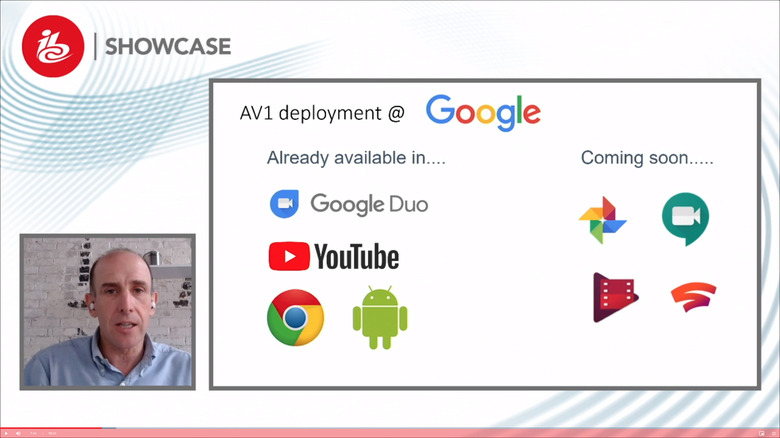Google Stadia AV1 Codec Support Could Put Game Streaming On A Diet
The promise that game streaming makes doesn't come without costs, both literal and figurative. While it offsets the processing to remote servers and removes the need for beefy hardware on the user's side, it also puts gamers at the mercy of their Internet connection, data bandwidth, and data caps. While there is still no panacea, Google might be giving Stadia a new ability that will allow it to consume less data while delivering the same graphics quality, all thanks to a technology that is also making video streaming more bandwidth-efficient.
Game streaming is pretty much interactive video streaming, where graphics rendered and collected on a remote server gets sent to the user's phone, computer, or Chromecast. As with any image or video, the higher the quality, the larger the file. The larger the file, the more bandwidth it will consume, which either raises users' monthly Internet bills or hit data caps sooner.
The best solution given current technology is to compress the data as tightly as possible and then decompress it by the local device. This process, which what codecs are for, have to strike a balance between speed and efficiency and companies have been developing such codecs for years, each touted to be better than the other, and the latest to come from Google is the very same used on YouTube, Chrome, Android, and, most recently, Google Duo.
The AV1 codec, short for the Alliance for Open Media (AOMedia) Video 1, is relatively young, having launched only in 2018, but it seems that Google has big plans for it. As spotted by 9to5Google, the search giant is working to put the codec to work on Stadia, Google Play Movies, Google Meet, and even Google Photos. Google has been touting the technology's higher performance on low-bandwidth connections, something that game streaming could take advantage of even on high-bandwidth connections.

Unfortunately, there are no further details regarding this goal, let alone a timetable for its implementation. There are still a few open questions about it, like whether AV1 will be used throughout Stadia or only under certain network conditions. Regardless, it could give Google's game streaming service an edge if it does manage to pull it off, making Stadia a more cost-effective option among its rivals.
